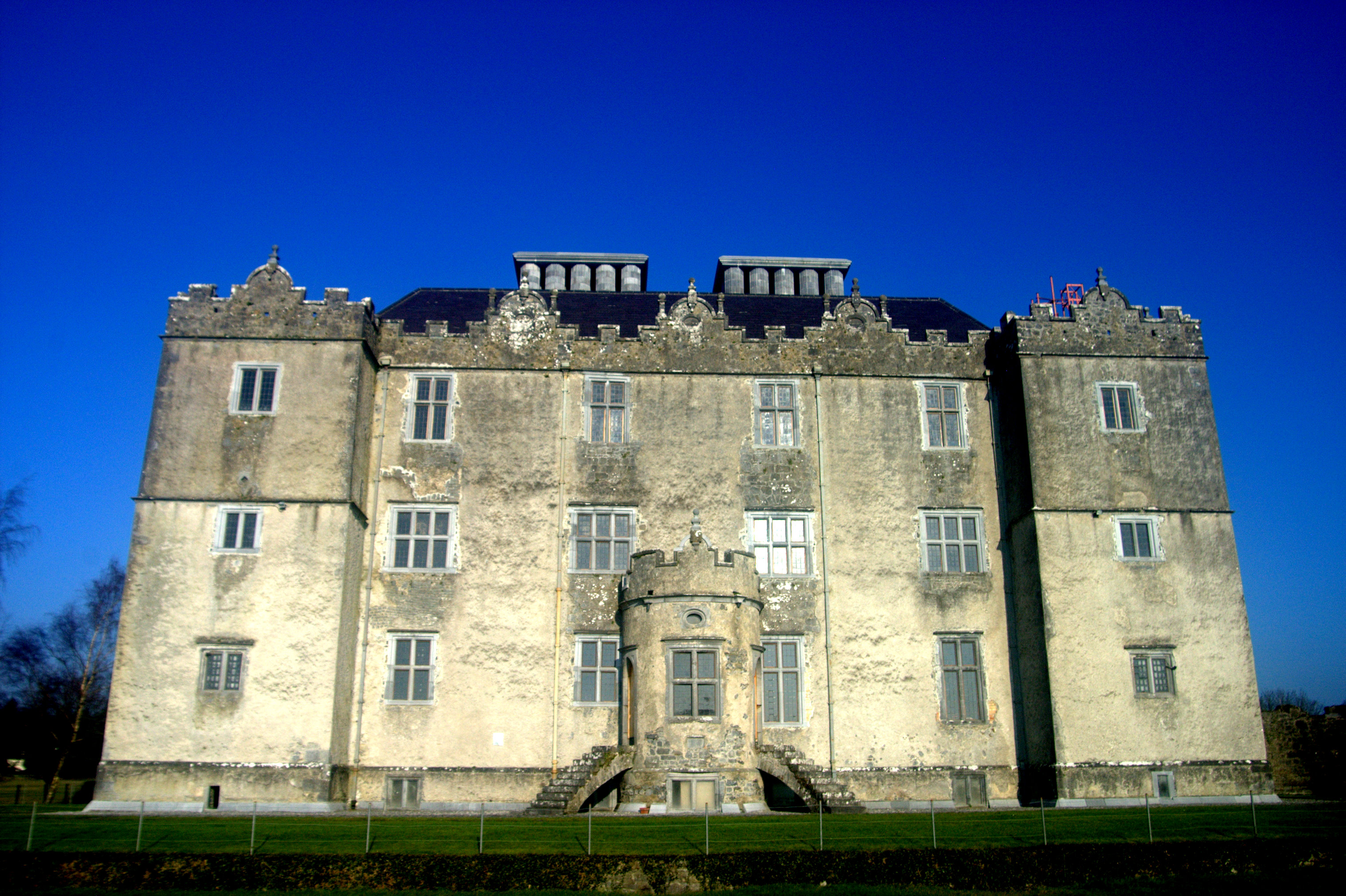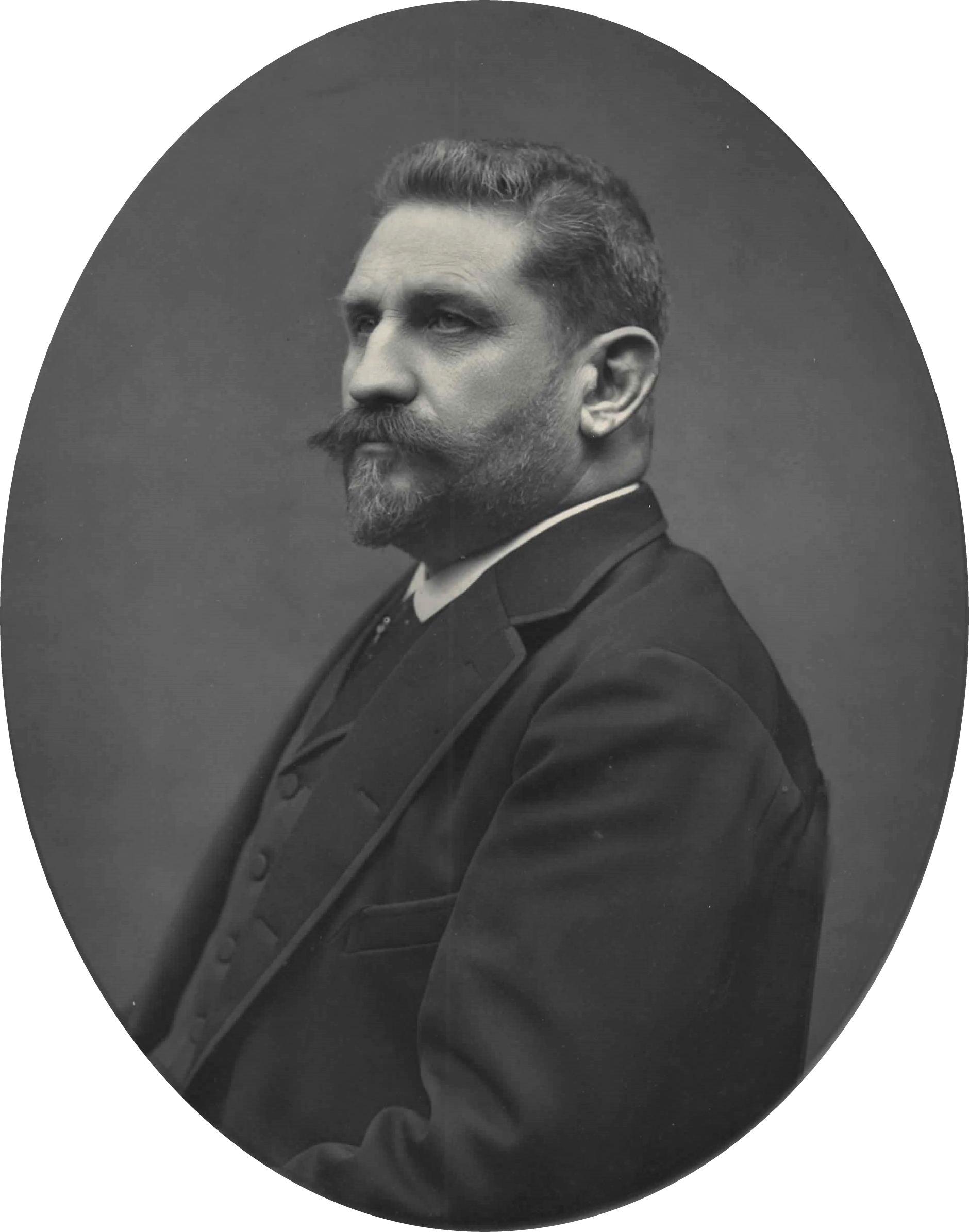|
Arthur Dillon (1834–1922)
Arthur Dillon (or comte Dillon) (1834, Paris – 1922) was a French cavalry officer and journalist, and friend of général Boulanger. He was the grandson of General Arthur Dillon (1750-1794), descended from a family of exiled Irish Jacobites. He was secretary-general of the transatlantic cable company and a financier of Boulangisme. His election as a deputy in 1889 was invalidated. He and the Bonapartist Bonapartism () is the political ideology supervening from Napoleon Bonaparte and his followers and successors. The term was used in the narrow sense to refer to people who hoped to restore the House of Bonaparte and its style of government. In ... Georges Thiébaud launched a vast journalistic campaign in Boulanger's favour. Sources * Biographies Assemblée nationale (1889–1940 {{DEFAULTSORT:Dillon, Arthur 1834 births 1922 deaths French people of Irish descent Politicians from Paris Members of the 5th Chamber of Deputies of the French Third Republic Fren ... [...More Info...] [...Related Items...] OR: [Wikipedia] [Google] [Baidu] |
Paris
Paris () is the Capital city, capital and List of communes in France with over 20,000 inhabitants, largest city of France. With an estimated population of 2,048,472 residents in January 2025 in an area of more than , Paris is the List of cities in the European Union by population within city limits, fourth-most populous city in the European Union and the List of cities proper by population density, 30th most densely populated city in the world in 2022. Since the 17th century, Paris has been one of the world's major centres of finance, diplomacy, commerce, culture, Fashion capital, fashion, and gastronomy. Because of its leading role in the French art, arts and Science and technology in France, sciences and its early adoption of extensive street lighting, Paris became known as the City of Light in the 19th century. The City of Paris is the centre of the Île-de-France region, or Paris Region, with an official estimated population of 12,271,794 inhabitants in January 2023, or ... [...More Info...] [...Related Items...] OR: [Wikipedia] [Google] [Baidu] |
Général Boulanger
Georges Ernest Jean-Marie Boulanger (29 April 1837 – 30 September 1891), nicknamed Général Revanche ("General Revenge"), was a French general and politician. An enormously popular public figure during the second decade of the French Third Republic, Third Republic, he won multiple elections. At the zenith of his popularity in January 1889, he was feared to be powerful enough to establish himself as dictator. His base of support was the working-class districts of Paris and other cities, plus rural traditionalist Roman Catholicism, Catholics and royalists. He introduced an obsessive and almost pathological anti-German sentiment, known as revanchism, which demanded the complete destruction of Imperial Germany as vengeance for the defeat and fall of the Second French Empire during the Franco-Prussian War (1870–71), into French culture and accordingly laid the foundations for the outbreak of the First World War. The 1889 French legislative election, elections of September 1889 ... [...More Info...] [...Related Items...] OR: [Wikipedia] [Google] [Baidu] |
Arthur Dillon (1750-1794)
{{human name disambiguation, Dillon, Arthur ...
Arthur Dillon may refer to: * Arthur Dillon (1670–1733), an Irish-born soldier in the French army *Arthur Dillon (1750–1794), French-Irish soldier, grandson of Arthur Dillon (1670–1733) *Arthur Dillon (1834–1922), French cavalry officer and Boulangiste, grandson of Arthur Dillon (1750–1794) *Arthur Richard Dillon (1721–1806), French archbishop See also * Dillon (surname) Dillon is an Irish surname of Breton origin, descending from a cadet branch of Viscomte de Leon in Northern Brittany. It first appeared in Ireland with the arrival of Sir Henry de Leon, in the service of Prince John in 1185. Sir Henry married M ... [...More Info...] [...Related Items...] OR: [Wikipedia] [Google] [Baidu] |
Flight Of The Wild Geese
The Flight of the Wild Geese was the departure of an Irish Jacobite army under the command of Patrick Sarsfield from Ireland to France, as agreed in the Treaty of Limerick on 3 October 1691, following the end of the Williamite War in Ireland. More broadly, the term Wild Geese is used in Irish history to refer to Irish soldiers who left to serve in continental European armies in the 16th, 17th and 18th centuries. An earlier exodus in 1690, during the same war, had formed the French Irish Brigade, who are sometimes misdescribed as Wild Geese. By country Spanish service The first Irish troops to serve as a unit for a continental power formed an Irish regiment in the Spanish Army of Flanders in the Eighty Years' War in the 1590s. The regiment had been raised by an English Catholic, William Stanley, in Ireland from native Irish soldiers and mercenaries, whom the English authorities wanted out of the country. (See also Tudor conquest of Ireland). Stanley was given a commissio ... [...More Info...] [...Related Items...] OR: [Wikipedia] [Google] [Baidu] |
Jacobitism
Jacobitism was a political ideology advocating the restoration of the senior line of the House of Stuart to the Monarchy of the United Kingdom, British throne. When James II of England chose exile after the November 1688 Glorious Revolution, the Parliament of England ruled he had "abandoned" the English throne, which was given to his Protestant daughter Mary II of England, and his nephew, her husband William III of England, William III. On the same basis, in April the Convention of Estates (1689), Scottish Convention awarded Mary and William the throne of Scotland. The Revolution created the principle of a contract between monarch and people, which if violated meant the monarch could be removed. A key tenet of Jacobitism was that kings were appointed by God, making the post-1688 regime illegitimate. However, it also functioned as an outlet for popular discontent, and thus was a complex mix of ideas, many opposed by the Stuarts themselves. Conflict between Charles Edward Stuar ... [...More Info...] [...Related Items...] OR: [Wikipedia] [Google] [Baidu] |
Boulangisme
Georges Ernest Jean-Marie Boulanger (29 April 1837 – 30 September 1891), nicknamed Général Revanche ("General Revenge"), was a French general and politician. An enormously popular public figure during the second decade of the Third Republic, he won multiple elections. At the zenith of his popularity in January 1889, he was feared to be powerful enough to establish himself as dictator. His base of support was the working-class districts of Paris and other cities, plus rural traditionalist Catholics and royalists. He introduced an obsessive and almost pathological anti-German sentiment, known as revanchism, which demanded the complete destruction of Imperial Germany as vengeance for the defeat and fall of the Second French Empire during the Franco-Prussian War (1870–71), into French culture and accordingly laid the foundations for the outbreak of the First World War. The elections of September 1889 marked a decisive defeat for the Boulangists. Changes in the electoral la ... [...More Info...] [...Related Items...] OR: [Wikipedia] [Google] [Baidu] |
Bonapartist
Bonapartism () is the political ideology supervening from Napoleon Bonaparte and his followers and successors. The term was used in the narrow sense to refer to people who hoped to restore the House of Bonaparte and its style of government. In this sense, a ''Bonapartiste'' was a person who either actively participated in or advocated for imperial political factions in 19th-century France. Although Bonapartism emerged in 1814 with the first fall of Napoleon, it only developed doctrinal clarity and cohesion by the 1840s. The term developed a broad definition used to mean political movements that advocate for an authoritarian centralised state, with a military strongman and charismatic leader with relatively traditionalist ideology. Beliefs Marxism and Leninism developed a vocabulary of political terms that included Bonapartism, derived from analysis of the career of Napoleon Bonaparte. Karl Marx, a student of Jacobinism and the French Revolution, was a contemporary critic ... [...More Info...] [...Related Items...] OR: [Wikipedia] [Google] [Baidu] |
Georges Thiébaud
Georges Thiébaud (16 March 1850 in Toulouse – 21 January 1915 in Paris) was a French journalist, Bonapartist and nationalist. He and comte Dillon launched an American-style press campaign in favour of général Boulanger. After his Boulangist engagement, he joined the antidreyfusard camp. Hostile to Protestantism, he founded an anti-Protestant league. He was accused of complicity in the coup d'état averted by Paul Déroulède Paul Déroulède (2 September 1846 – 30 January 1914) was a French author and politician, one of the founders of the nationalist League of Patriots. Early life Déroulède was born in Paris. He was published first as a poet in the magazine '' ... in 1899. Publications *''M. Taine et le prince Napoléon, leur controverse sur Napoléon, leurs conclusions sur la France contemporaine'', conférence, Paris, Dentu, 1887. *''Le Parti protestant, les progrès du protestantisme en France depuis 25 ans'', conférence, Paris, Savine, 1895. *''Au-devant ... [...More Info...] [...Related Items...] OR: [Wikipedia] [Google] [Baidu] |
1834 Births
Events January–March * January 1 – Zollverein (Germany): Customs charges are abolished at borders within its member states. * January 3 – The government of Mexico imprisons Stephen F. Austin in Mexico City. * January – The Wilmington and Raleigh Railroad is chartered in Wilmington, North Carolina. * February 3 – Wake Forest University is founded as the Wake Forest Manual Labor Institute in Wake Forest, North Carolina. * February 12 – Freed American slaves from Maryland form a settlement in Cape Palmas, it is named the Republic of Maryland. * February 13 – Robert Owen organizes the Grand National Consolidated Trades Union in the United Kingdom. * March 6 – York, Upper Canada, is incorporated as Toronto. * March 11 – The United States Survey of the Coast is transferred to the Department of the Navy. * March 14 – John Herschel discovers the open cluster of stars now known as NGC 3603, observing from the Cape of Good Hope. * March 28 – Andrew J ... [...More Info...] [...Related Items...] OR: [Wikipedia] [Google] [Baidu] |
1922 Deaths
Events January * January 7 – Dáil Éireann (Irish Republic), Dáil Éireann, the parliament of the Irish Republic, ratifies the Anglo-Irish Treaty by 64–57 votes. * January 10 – Arthur Griffith is elected President of Dáil Éireann, the day after Éamon de Valera resigns. * January 11 – The first successful insulin treatment of diabetes is made, by Frederick Banting in Toronto. * January 15 – Michael Collins (Irish leader), Michael Collins becomes Chairman of the Provisional Government of the Irish Free State. * January 26 – Italian forces occupy Misrata, Italian Libya, Libya; the Pacification of Libya, reconquest of Libya begins. February * February 6 ** Pope Pius XI (Achille Ratti) succeeds Pope Benedict XV, to become the 259th pope. ** The Washington Naval Treaty, Five Power Naval Disarmament Treaty is signed between the United States, United Kingdom, Empire of Japan, Japan, French Third Republic, France and Kingdom of Italy, Italy. Japan returns some ... [...More Info...] [...Related Items...] OR: [Wikipedia] [Google] [Baidu] |
French People Of Irish Descent
French may refer to: * Something of, from, or related to France ** French language, which originated in France ** French people, a nation and ethnic group ** French cuisine, cooking traditions and practices Arts and media * The French (band), a British rock band * "French" (episode), a live-action episode of ''The Super Mario Bros. Super Show!'' * ''Française'' (film), a 2008 film * French Stewart (born 1964), American actor Other uses * French (surname), a surname (including a list of people with the name) * French (tunic), a type of military jacket or tunic * French's, an American brand of mustard condiment * French (catheter scale), a unit of measurement * French Defence, a chess opening * French kiss, a type of kiss See also * France (other) * Franch, a surname * French Revolution (other) * French River (other), several rivers and other places * Frenching (other) Frenching may refer to: * Frenching (automobile), recessing or moul ... [...More Info...] [...Related Items...] OR: [Wikipedia] [Google] [Baidu] |






